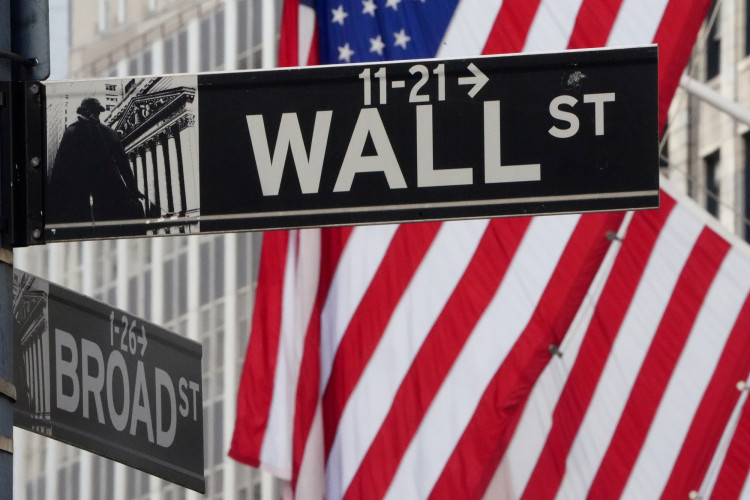Eight of the largest banks in the United States have announced that they will be temporarily halting their share buyback programs as part of their efforts to preserve capital. The banks reasoned that the drastic measure will be necessary to help them survive the ongoing economic and health crisis plaguing the country and the rest of the world.
The eight banks through the Financial Services Forum made the announcement on Sunday evening right after the Federal Reserve rollout an emergency response to the crisis by cutting interest rates further to stave off a possible economic recession.
The banks that have temporarily suspending share buybacks for the first and second quarter of 2020 are namely the Bank of America, Goldman Sachs, Citigroup, The Bank of New York Mellon, Morgan Stanley, JPMorgan Chase, Wells Fargo, and State Street. US Bancorp, which is not a member of the forum, also announced on Sunday that it will be suspending its share buyback program amid the ongoing viral epidemic.
In the statement made by the Financial Services Forum, it explained that the viral epidemic has placed an unprecedented challenge on its members. Because of this, the country's largest banks have doubled down on their commitments to support their customers, clients, and the country as a whole. The group added that each bank will have the ability to reinstate their respective buyback programs based on their own assessments.
The temporary suspension of share buybacks, which will undoubtedly be unpopular with the companies' shareholders, is only one of the measures that are being taken to further preserve capital. The banks have also started to take understandably unpopular steps amid the outbreak, including pulling credit lines, imposing forced foreclosures, hiring freezes, and laying off non-core employees.
Industry experts have pointed out that there is currently tremendous pressure on financial institutions in the United States for them to retain as much capital as they can during the crisis. Halting their respective share buyback programs should help with that goal. However, the suspension will have its own drawbacks in the long-term. If the crisis gets much worse, banks could be forced to cut their dividends, which in itself will lead to possible political and regulatory issues.
The share prices of the various banks, as well as major indexes in the United States, have plummeted over the past few weeks, sending investors into a panic. Last week, the country's equities markets, including major indexes such as the Dow Industrial Average and the S&P 500, had plunged to new lows, triggering numerous temporary trade suspensions.






